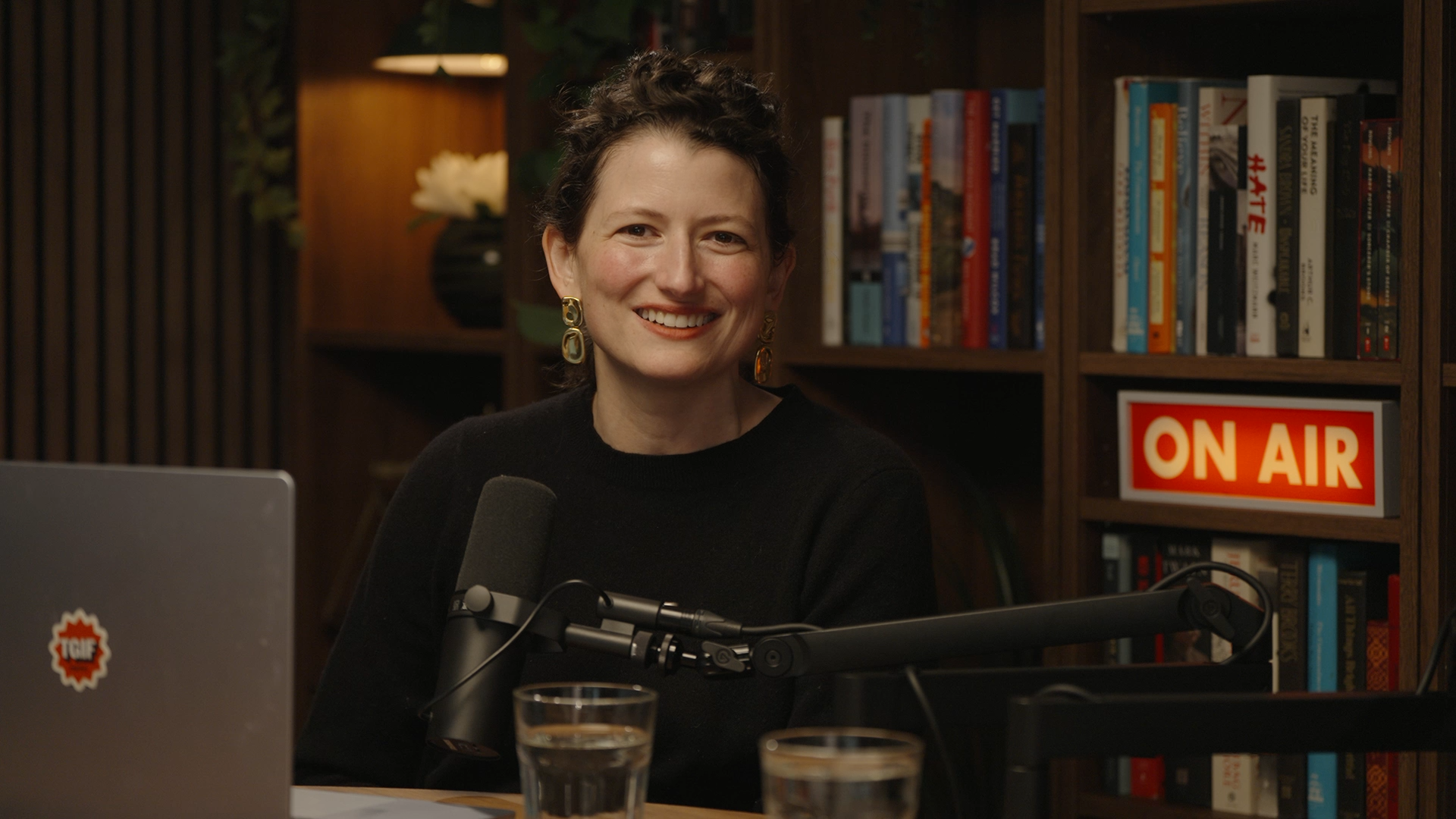Report challenges claims of cognitive benefits of online brain-training games
NEW YORK -- Can you keep your mind sharp -- as you age -- by playing so-called brain games?
A report Tuesday by AARP focused on what has become a $1.3 billion business.
Ads for online brain-training games tout their cognitive benefits saying they improve memory, brain speed and attention. But the report called the evidence behind these claims of cognitive benefits "weak to nonexistent."
Sarah Lock, executive director of the AARP's Global Council on Brain Health, shed light on the report.
"They might get better at the game but what we don't know is how that's going to affect your everyday functioning," Lock told CBS News. "So you might get better at the game but it's not going to help you manage your finances any better."
Training to improve one type of cognitive ability -- like memory -- doesn't end up improving other skills such as how fast you process information.
And the report says there's often exaggerating when these products are marketed.
Last year, the FTC fined the makers of Luminosity $2 million for claiming its games could help users reduce or delay age-related cognitive impairment.
The good news is that cognitively stimulating activities are easy to find, such as learning a new skill. At the Greenwich House Senior Center, Betty Tiago is taking up art.
"I think anything creative helps to stimulate your brain," Tiago said.
Other ideas to help improve cognitive benefits are activities that are novel and require focus and have a level of depth and engagement.
Some recommendations from the AARP include:
- Educational opportunities (formal or informal including volunteering)
- Learn new skill (music or language)
- Leisure activities (playing cards, playing with children)
- Mentally and physically stimulating activities (tennis and dancing)






